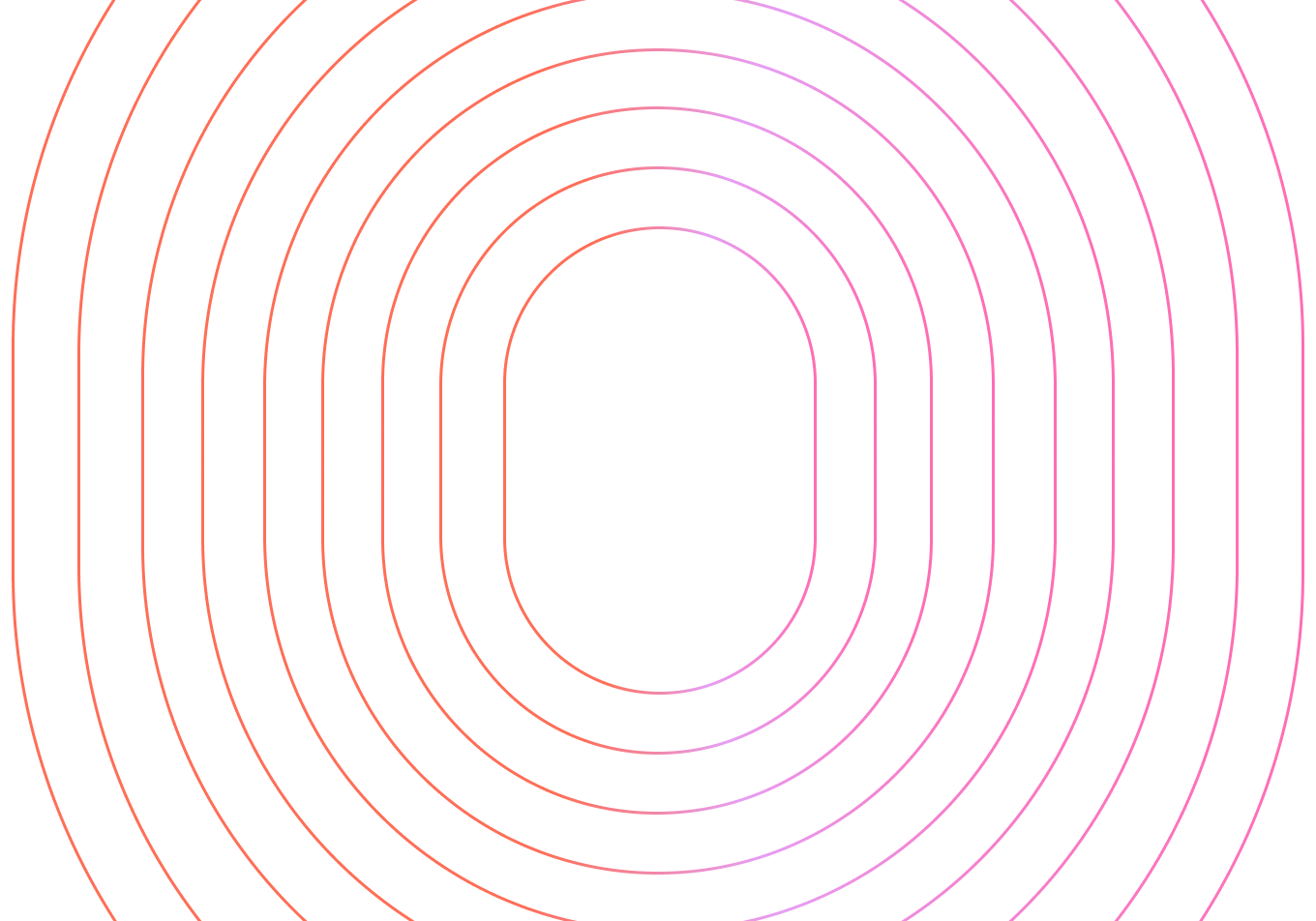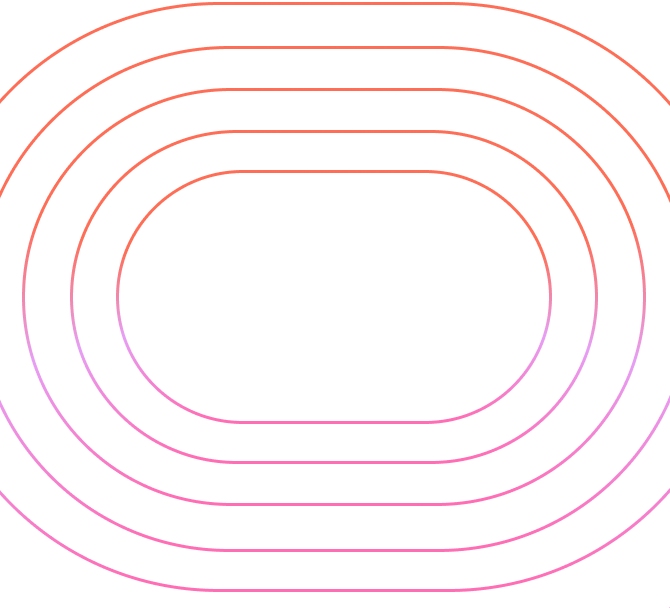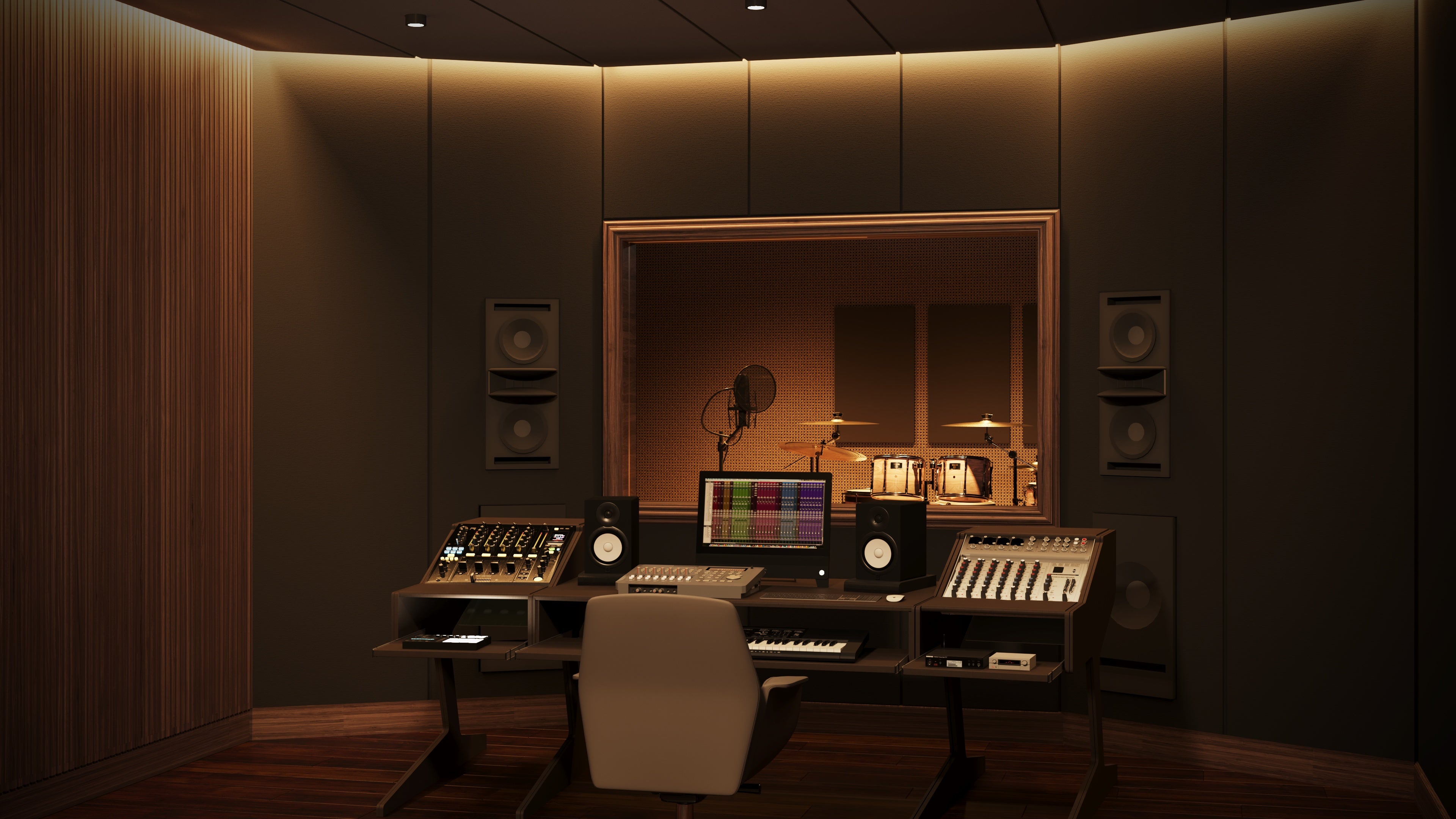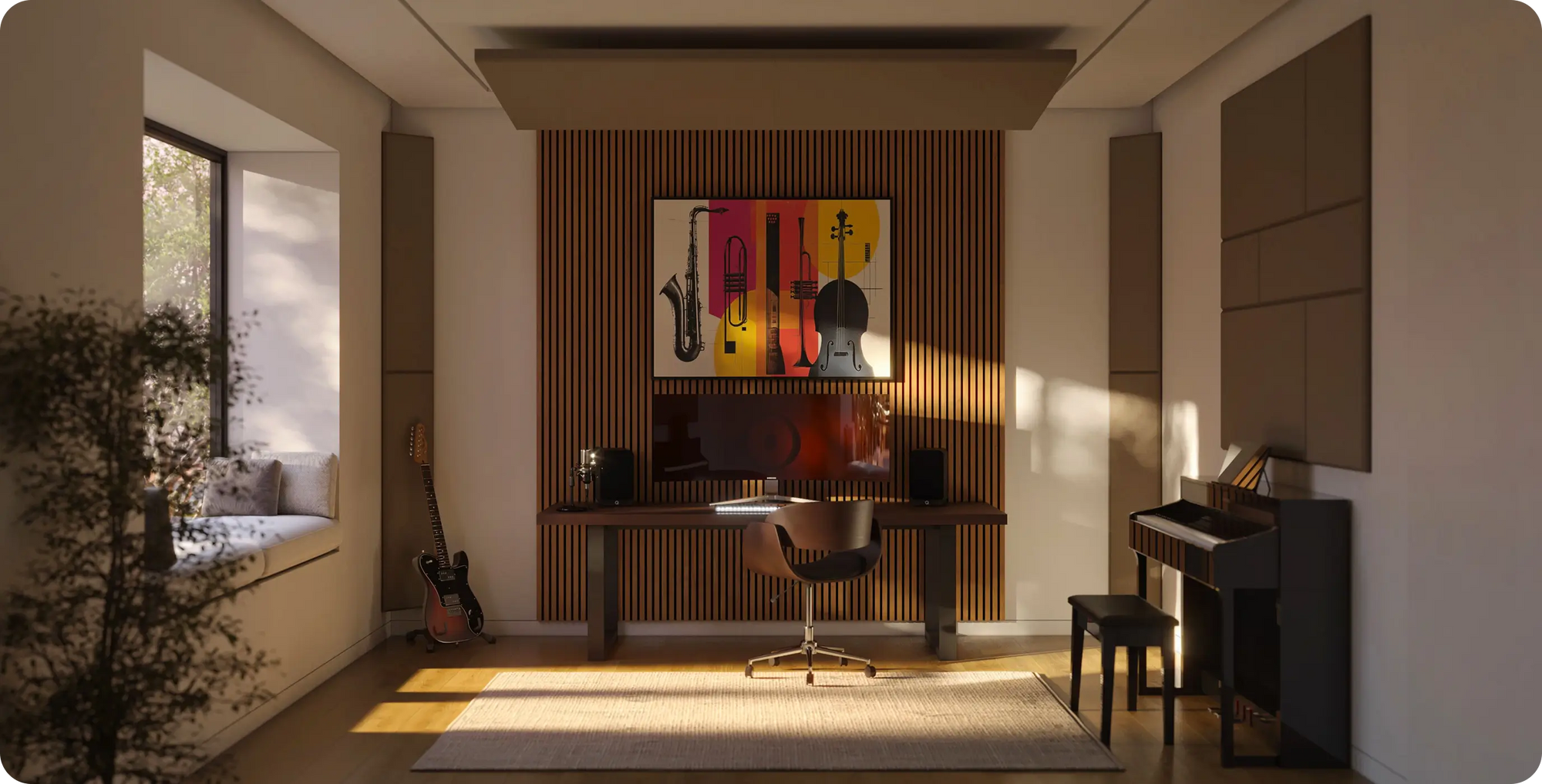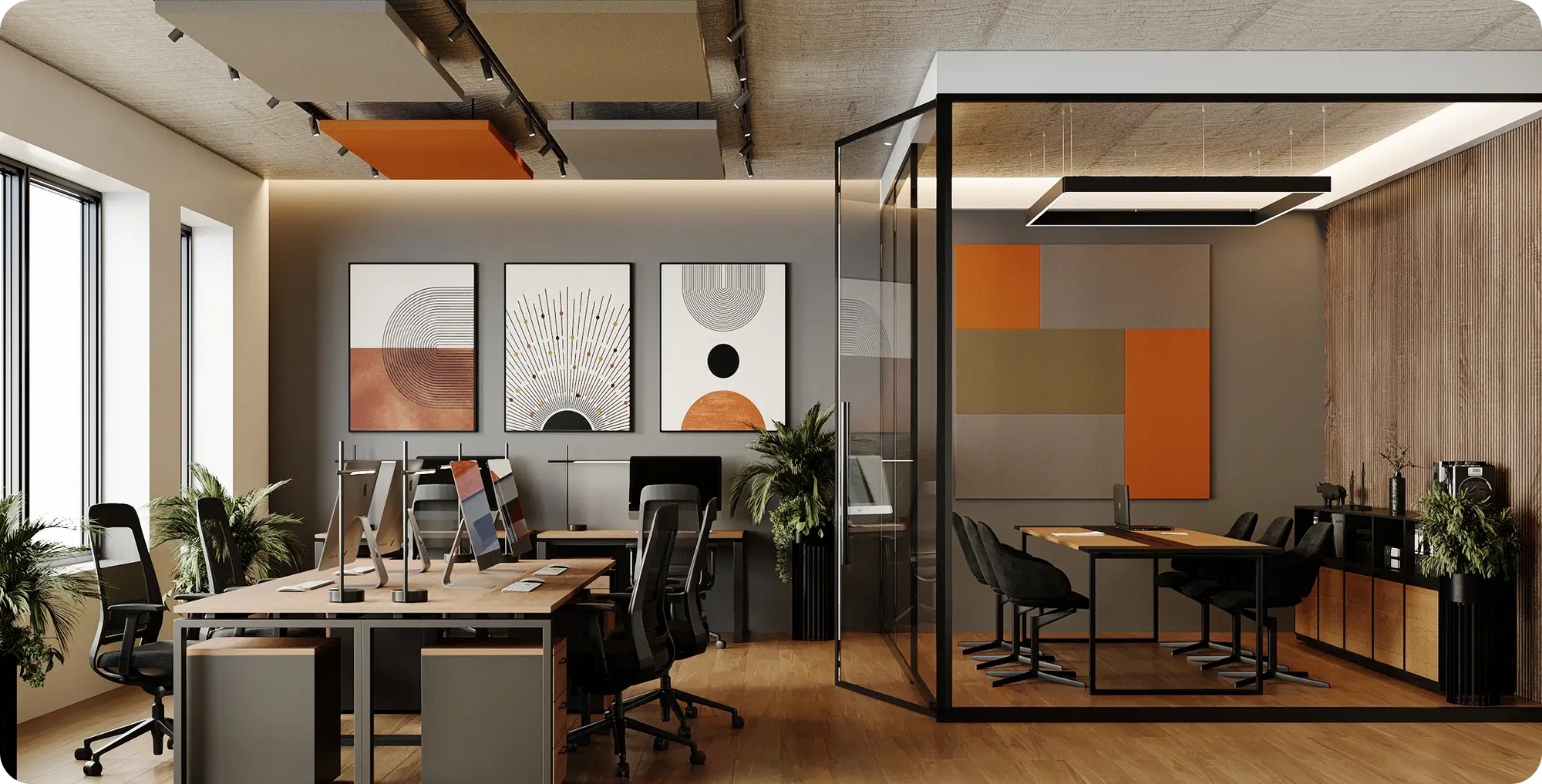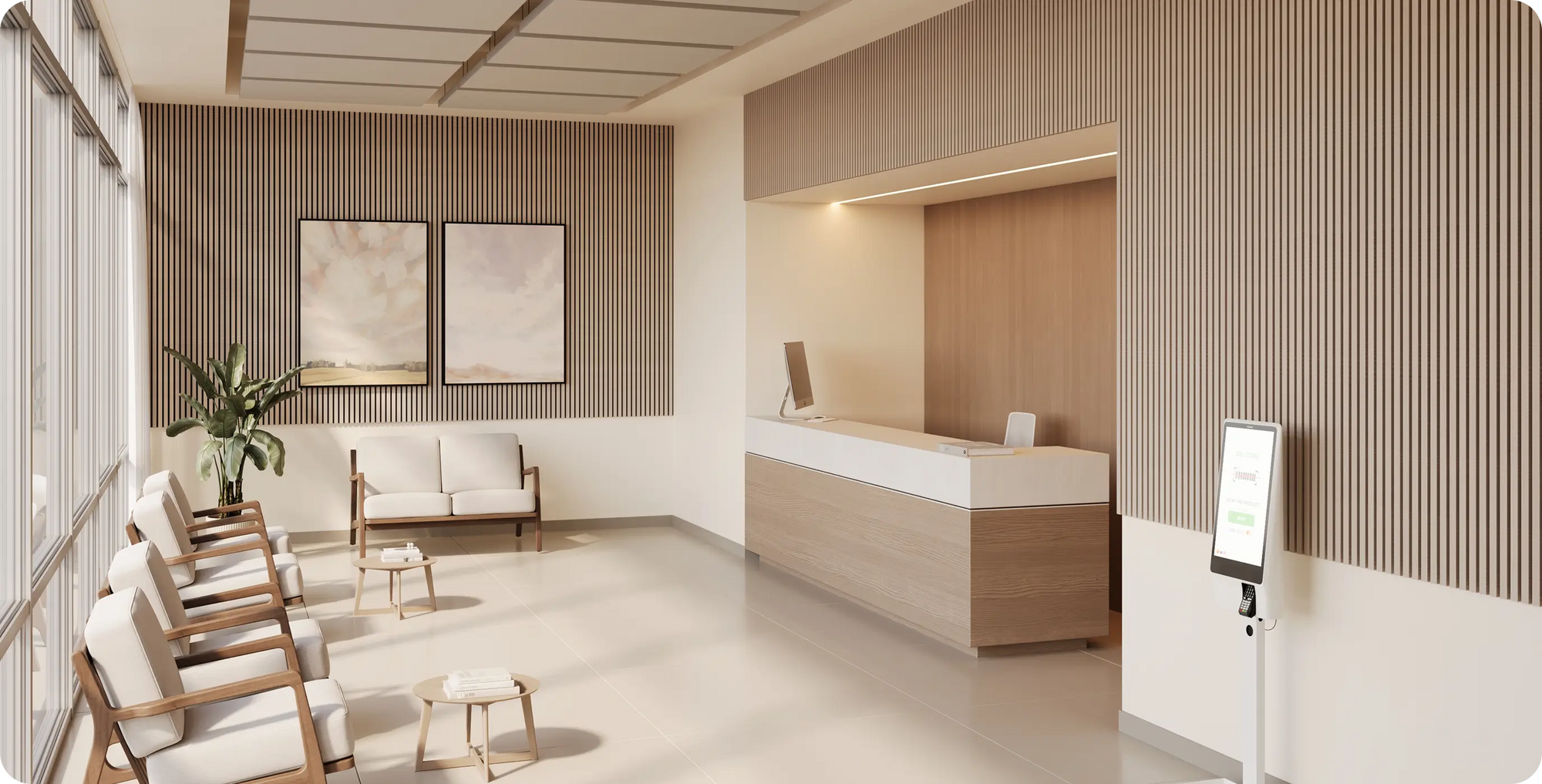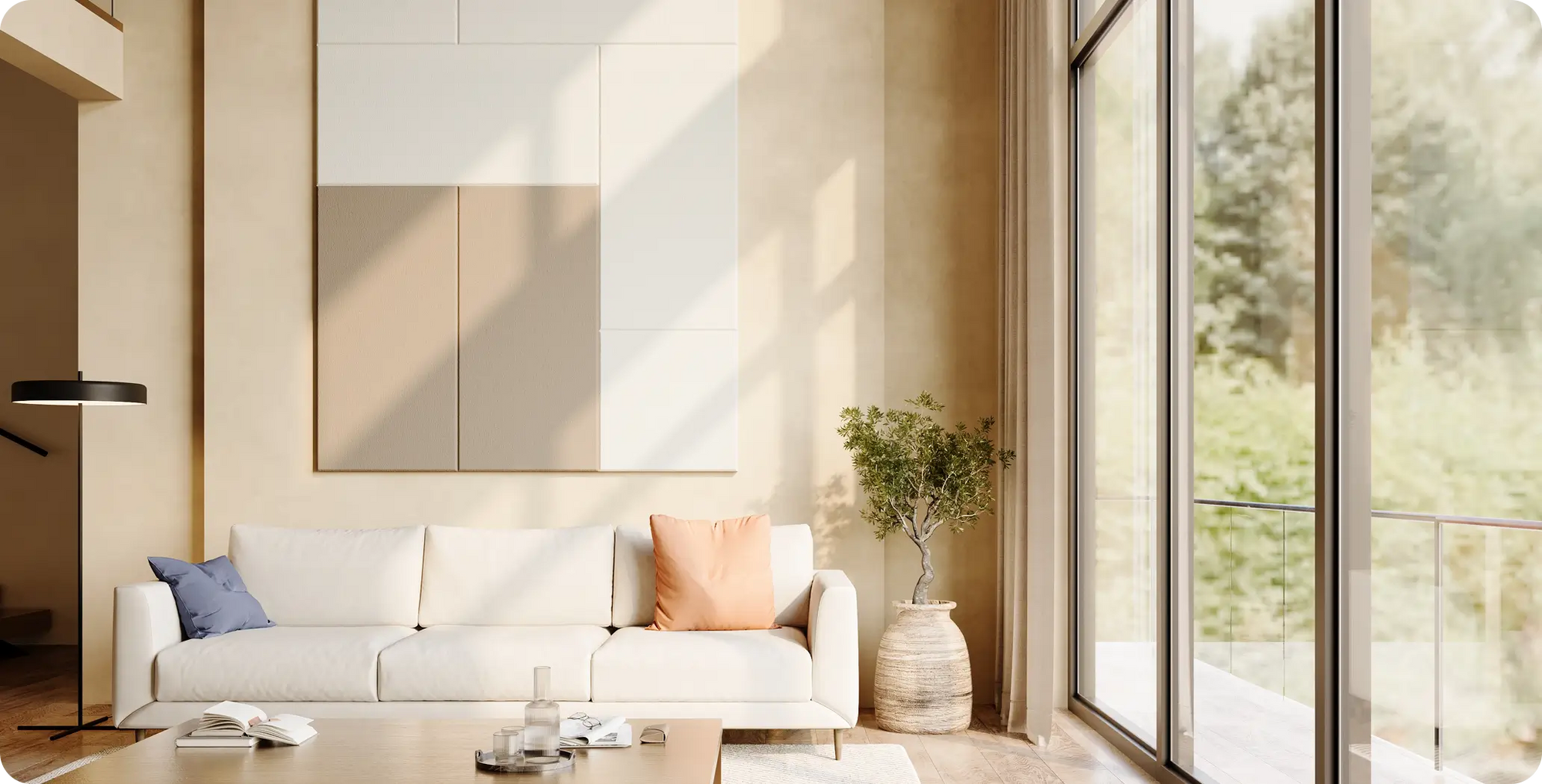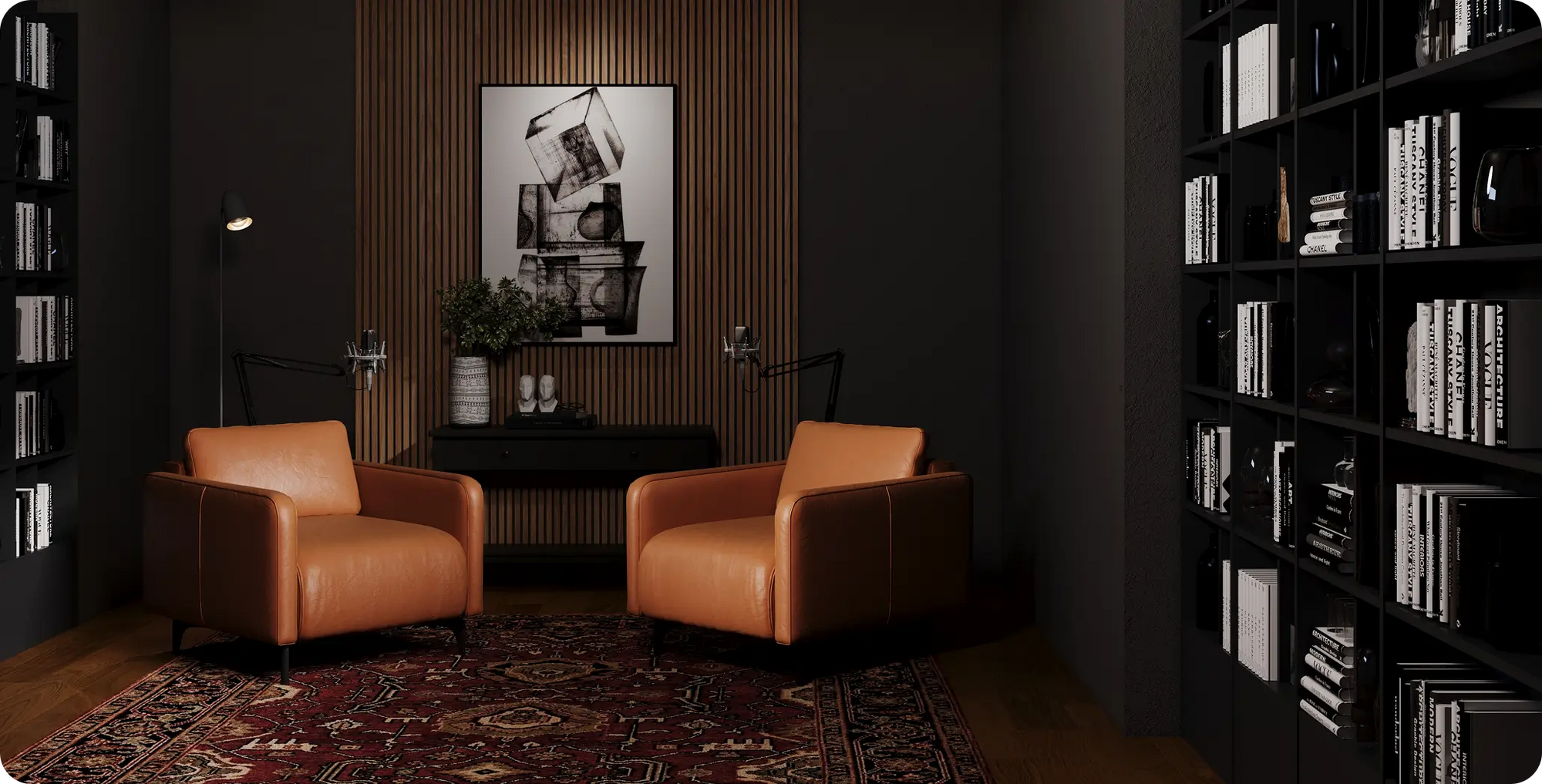FAQ
How many acoustic panels do I need for my recording studio?


Why is controlling reverb so important?


Can I install acoustic panels myself, or do I need professional help?


Where should I place acoustic panels in my recording studio?


Still have questions?
Enter your email for a free consultation with us. We’ll get back to you with personalized acoustic recommendations for your space.
